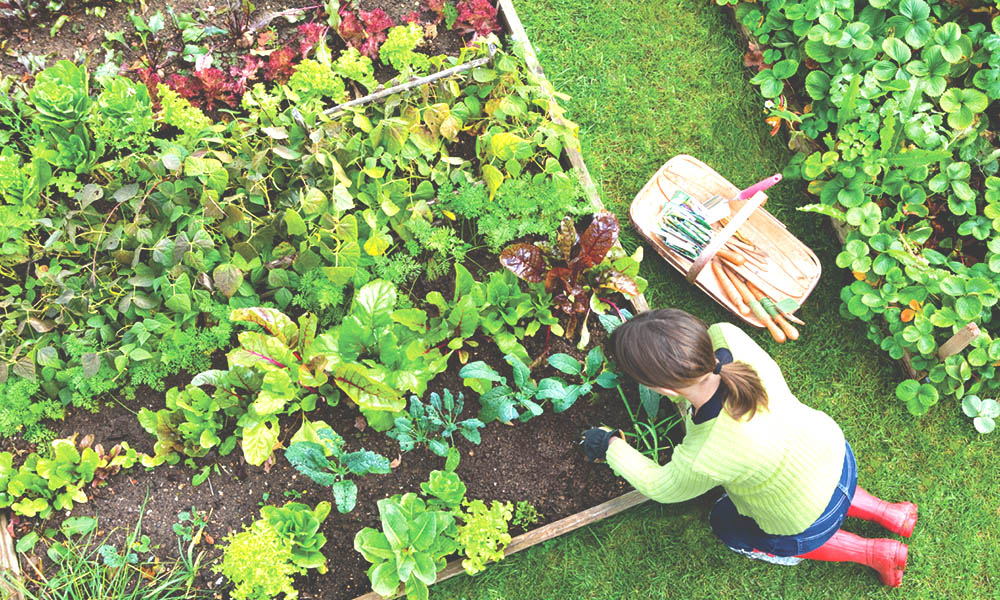
Organic gardening is a method of growing plants without the use of synthetic fertilizers, pesticides, and genetically modified organisms (GMOs). It involves working with nature to create a healthy, sustainable, and productive garden. Organic gardening has become increasingly popular in recent years as people have become more aware of the harmful effects of chemicals on the environment and human health.
Benefits of Organic Gardening:
Organic gardening has many benefits, both for the environment and for your own health. Here are some of the top benefits of organic gardening:
- Better for the environment: Organic gardening uses natural methods to control pests and diseases, which reduces the amount of chemicals and pollutants released into the environment.
- Healthier food: Organic gardening produces healthier fruits and vegetables that are free from harmful chemicals and pesticides. These foods are also richer in nutrients and have a better taste.
- Saves money: Organic gardening can save you money in the long run as you can produce your own fruits and vegetables without having to buy them from the grocery store.
- Helps to conserve water: Organic gardening encourages the use of water-conserving methods such as mulching and drip irrigation, which can help to reduce water waste.
Tips for Organic Gardening:
Here are some tips to help you get started with organic gardening:
- Soil preparation: The foundation of organic gardening is healthy soil. Start by adding compost or organic matter to your soil to improve its texture and fertility.
- Companion planting: Companion planting involves planting certain plants together to help deter pests and encourage growth. For example, planting marigolds with tomatoes can help to repel nematodes.
- Natural pest control: Use natural methods such as handpicking and biological control (such as introducing ladybugs to your garden) to control pests instead of using chemical pesticides.
- Mulching: Mulching helps to conserve moisture, suppress weeds, and regulate soil temperature. Use organic materials such as leaves or straw to mulch your garden beds.
- Crop rotation: Crop rotation involves planting different crops in different areas of your garden each year. This helps to reduce the buildup of pests and diseases in the soil and improve soil fertility.
- Use heirloom seeds: Heirloom seeds are open-pollinated seeds that have been passed down from generation to generation. They are often more flavorful and nutrient-dense than hybrid or GMO seeds.
Conclusion:
Organic gardening is a sustainable and eco-friendly method of growing plants. It not only benefits the environment but also produces healthier and tastier fruits and vegetables. By following the tips above, you can get started with organic gardening and enjoy the benefits of growing your own food in a natural and sustainable way.









